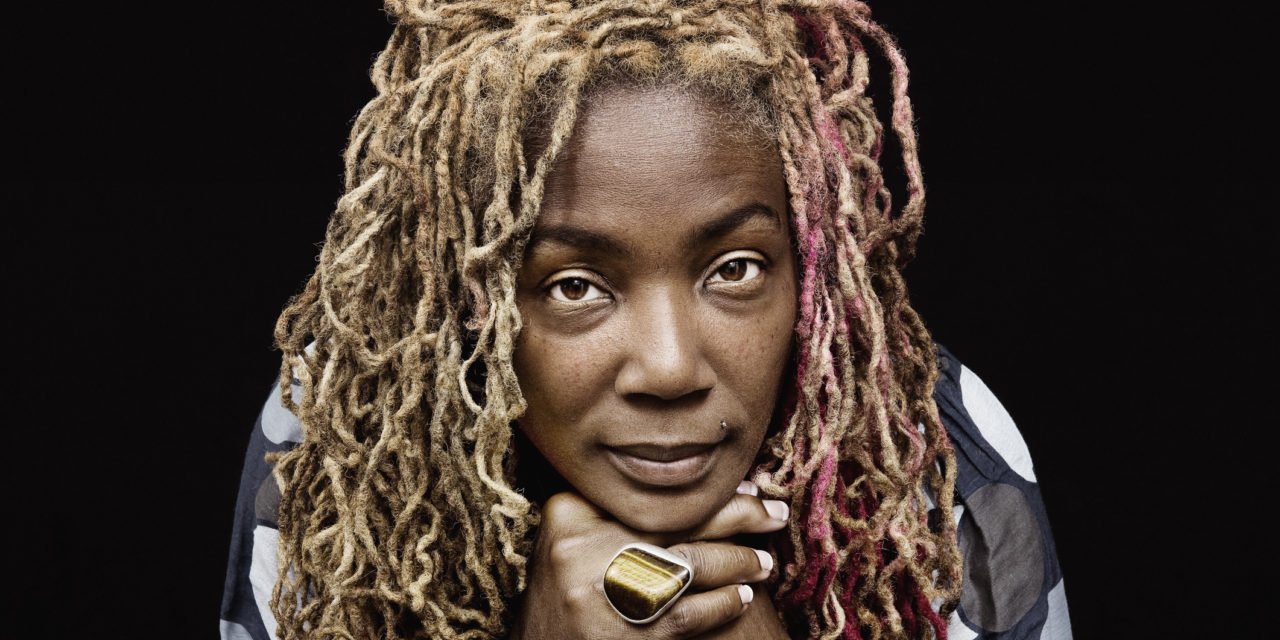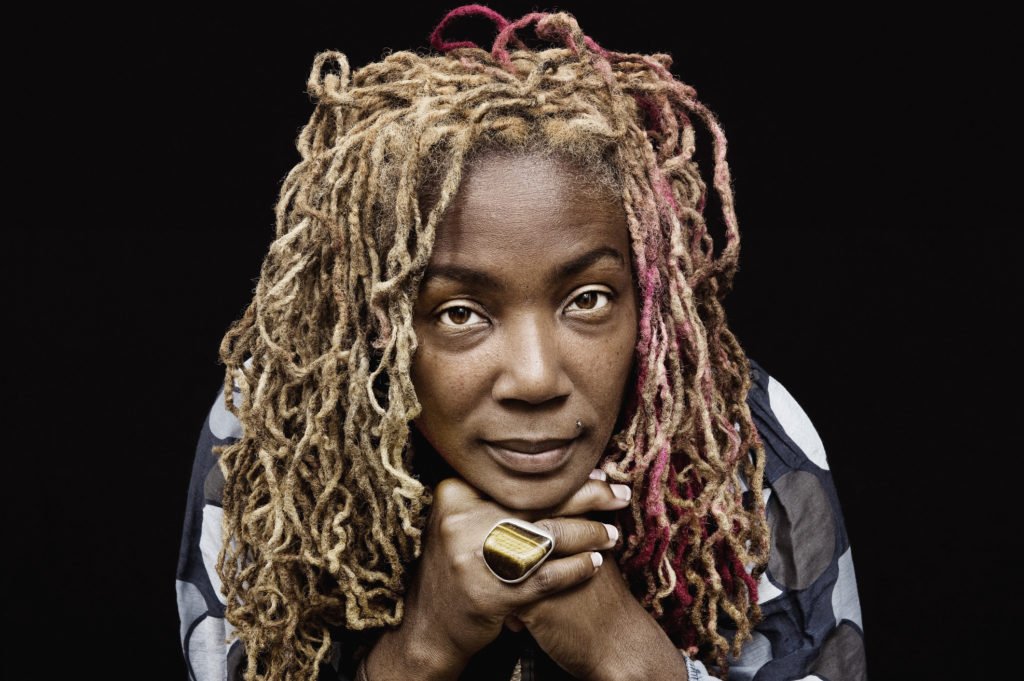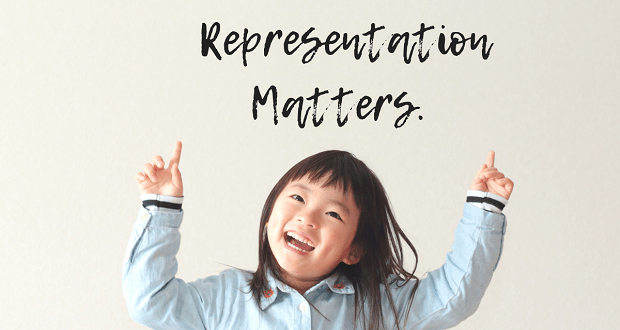Black women have an intimate relationship with their hair. Whether it’s worn in a natural, protective, or processed style, it is source of both pride and, in certain situations, embarrassment or harassment. I can’t even begin to count the number of times someone has touched my hair without consent or causally asked to touch my hair. For the record, the answer is always going to be “no.”
I can’t even begin to count the number of times someone has touched my hair without consent or causally asked to touch my hair. For the record, the answer is always going to be 'no.' Share on XUntil I went natural (natural: hair worn in its natural state without chemicals or heat processing) almost 20 years ago, I spent countless hours in my kitchen chair, getting my hair pressed (using a hot comb to straighten natural curls) and in the hairdresser’s chair getting my hair chemically processed.
Even now, with locs, I faithfully go to get my hair washed and maintained. Getting my hair done isn’t a nice-to-have but a must-have. I had a hairdresser in my 20s who didn’t pre-schedule appointments on Saturdays. I woke up and was outside in line at her shop by 5 a.m. The goal was to get in early enough that I’d make it out before 5 p.m. I did this faithfully every other week for years. It is that serious for a Black woman.
It is estimated that nearly half of Black and biracial women will lose their hair through some form of alopecia in their lifetime. The incidence of alopecia in Black women is greater than their white and Asian counterparts. Some of this due to the processes used in maintaining or styling Black women’s hair, and for others, it is due to genetics or a combination of the two.
It is estimated that nearly half of Black and biracial women will lose their hair through some form of alopecia in their lifetime. Some due to the processes used in maintaining or styling Black women’s hair. Share on XIn December 2018, Massachusetts Rep. Ayanna Pressley revealed that she suffered from alopecia. Since then, she has become not only a voice but a picture of a Black woman embracing her beauty outside of her hair. It gave a voice to many who have suffered in silence.
In Hollywood, where your look is literally your meal ticket, we must find some empathy for Jada Pinkett Smith. I’d imagine it to be devastating as a woman, a Black woman, and a performer who depends on presenting a certain physical perception to be routinely scrutinized and ridiculed.
In March 2022, the House of Representatives passed the Crown Act. This act states that employers are unable to discriminate against employees for wearing natural styles like locs (commonly referred to as “dreadlocks”), braids, Afros, etc. The fact that this act needed to be brought to the floor of the House for a second time in 2022, after passing in 2020 and then failing to be approved by the previously Republican-ruled Senate, is a testimony to the hard work still to be done.
In March 2022, the House of Representatives passed the Crown Act. The fact that this needed to be brought to the House for a second time is a testimony to the hard work still to be done. Share on XBlack women and men should be able to show up in their natural state without fear. Open conversations and education are necessary in the Black community to help the many suffering in silence to have a voice. Employers and academic institutions need to take a look at their hiring and retention practices and dress code policies to determine if they are intentionally or inadvertently discriminatory. We all have work to do.




















